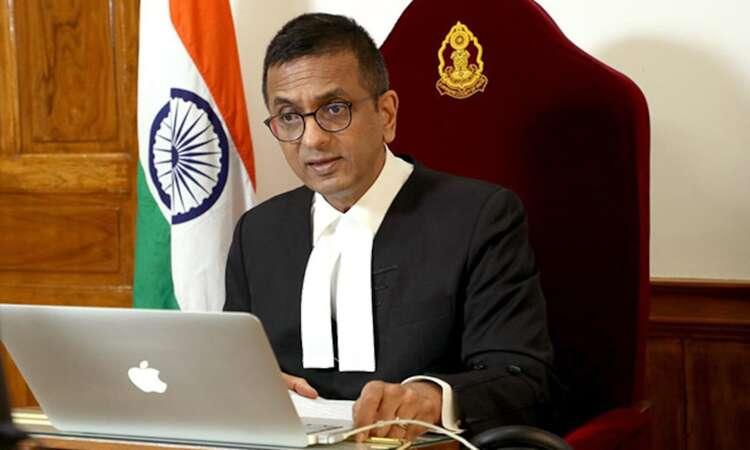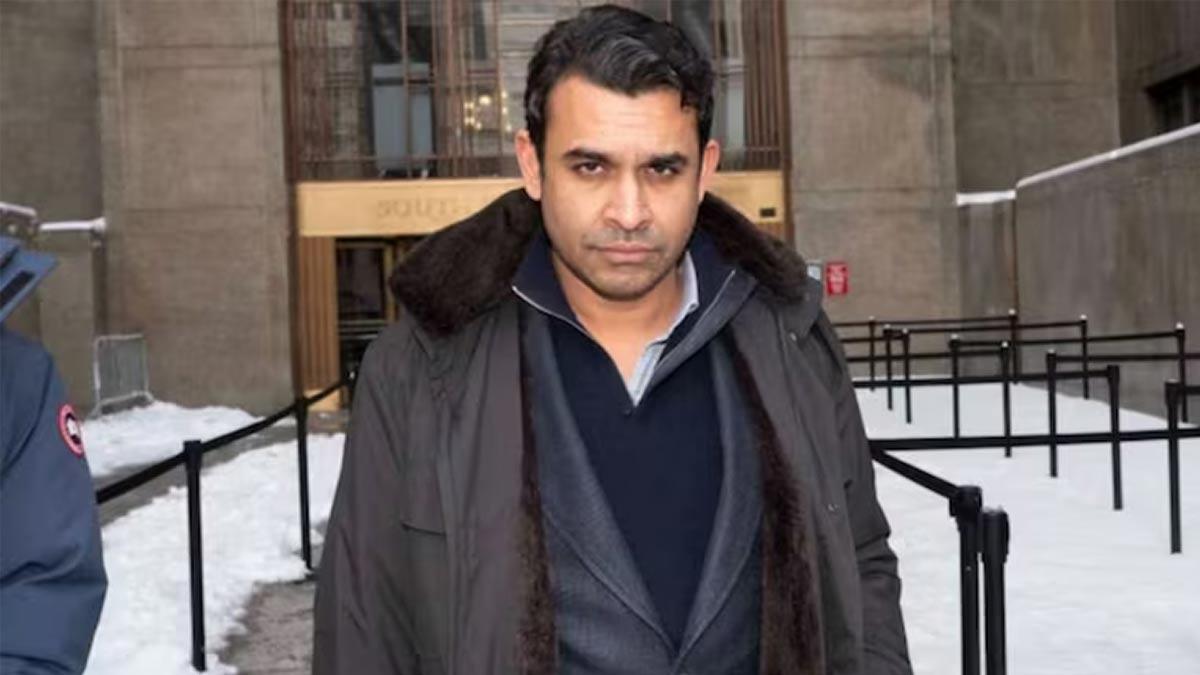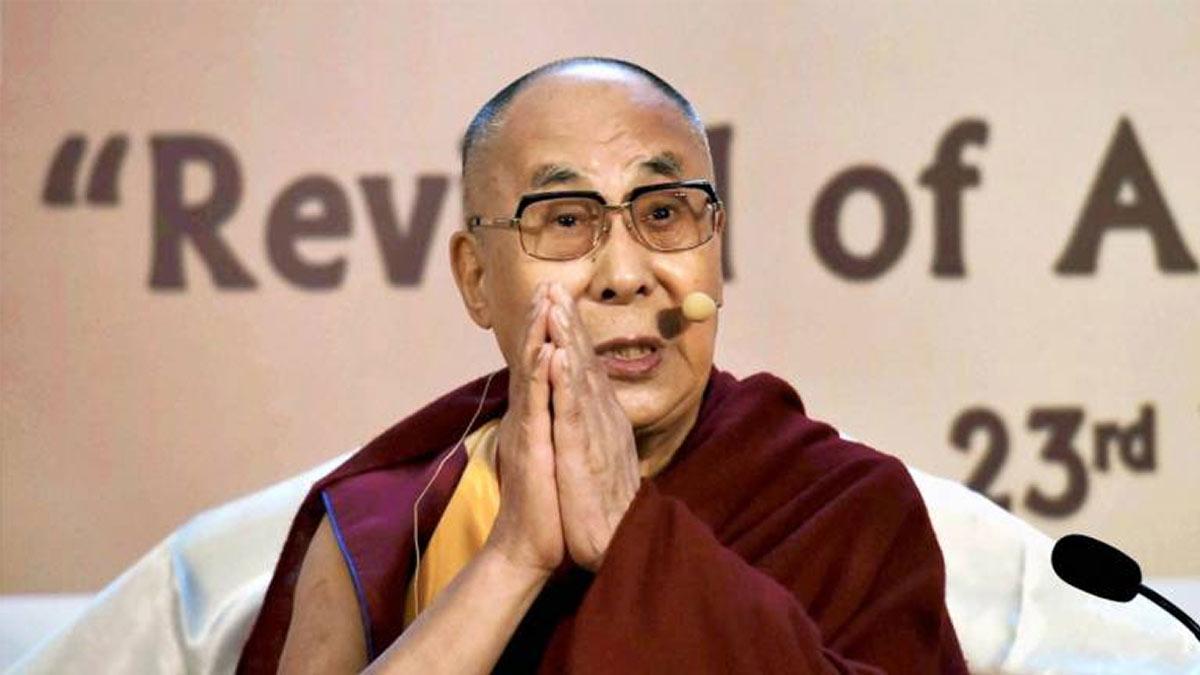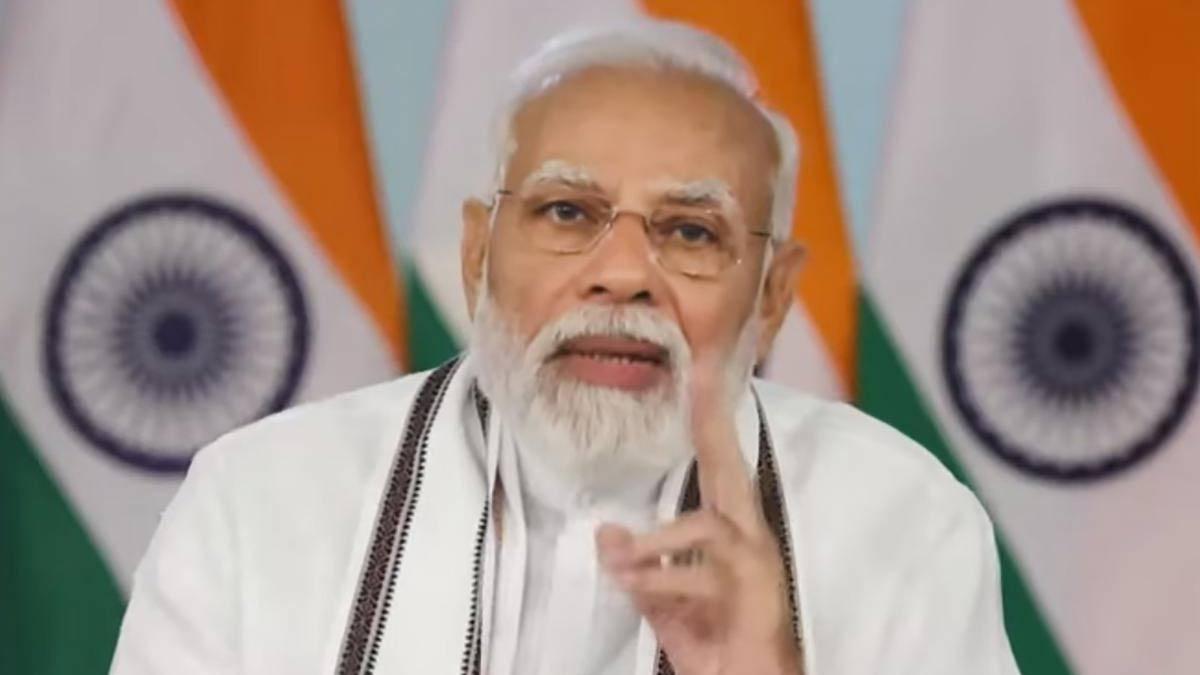Chief Justice of India (CJI), D Y Chandrachud, on Saturday clarified that there was absolutely no pressure from the government on how to decide cases. Referring to The apex court's recent judgement on the appointment of the Chief Election Commissioner and election commissioners, the CJI pointed out that it was a proof of judiciary's independence.
"In my 23 years of being a judge, no one has told me how to decide a case. I won't even talk to a colleague who is presiding over a case and ask what's going on in that case. There are some lines which we draw for ourselves. That's part of our training," the CJI said while speaking at the India Today Conclave, 2023.
"There is no question of pressure from the executive arm of the government. I hope I am speaking for the rest of the system as well. There is absolutely no pressure from the government. The Election Commission judgment is proof that there is no pressure on the judiciary," he added.
Also read |PMs Modi, Hasina inaugurate India-Bangladesh energy pipeline
The CJI also defended the Collegium system, stating that it was designed to maintain independence and that its objective was to insulate the judiciary from outside influences. He acknowledged that the system is not perfect, but it is the best system that has been developed by the judiciary. He emphasized that the judiciary needs to be independent, and that is the underlying feature of the Collegium system.
"As the Chief Justice, I have to take the system as it is given to us... I am not saying every system is perfect but this is the best system we have developed. The object of this system was to maintain independence which is a cardinal value. We have to insulate the judiciary from outside influences if the judiciary has to be independent. That is the underlying feature of Collegium," he said.
When asked about Law Minister Kiren Rijiju's dissatisfaction with the Supreme Court Collegium revealing the reasons for not approving the names recommended by it for appointment as judges of constitutional courts, the CJI said that everyone has their own perceptions, and there is bound to be a difference of perceptions. He further added that there are differences of perception within the judiciary as well as within the government.
"He has a perception. I have a perception and there is bound to be a difference of perceptions. And what's wrong in having a difference of perceptions? We have to deal with perceptions even within the judiciary. I dare say there is a difference of perception within the government. But we all deal with it with a sense of robust statesmanship," he said.
Also read |Suspense over arrest of radical Amritpal Singh in Punjab continues
"I do not want to join issues with the law minister for his perception. I respect his perception and I am sure he has respect for ours as well," he added.
The CJI stated that the reason why the reasons cited by the government to reject names for judgeship were put on the Supreme Court website was to meet the criticism that the judiciary lacked transparency, and it was the desire of the present Collegium to foster greater confidence in citizens by opening up the processes.
The CJI also addressed the controversy surrounding the Supreme Court Collegium's reiteration of openly gay senior advocate Saurabh Kirpal for appointment as a judge of the Delhi High Court after it was rejected by the government. He stated that the sexual orientation of a candidate for judgeship has nothing to do with his ability, and that the candidate in question was open about his sexual orientation. He clarified that the Intelligence Bureau's report on the candidate was not compromising any sources of information on national security, as the candidate's sexual orientation was already known to the public.
The CJI also discussed the challenges faced by the judiciary, with 4.32 crore cases pending. He acknowledged that there is a large backlog of cases, but it shows the faith of the people in coming to the courts for justice. He stressed the need to be more efficient and reduce the backlog, and stated that there is a dearth of infrastructure in the judiciary. He added that the model for judicial administration has been based on the colonial model inherited from the British, and that it needs to be modernized, as justice is not just a sovereign function but also an essential service.
Regarding the process of appointments, the CJI explained that the parameters applied for the selection of judges are well defined. He stated that merit and professional competence are the first things that are looked at, and the judgments of the High Court judge are constantly analyzed when they come up in appeal before the Collegium.


















